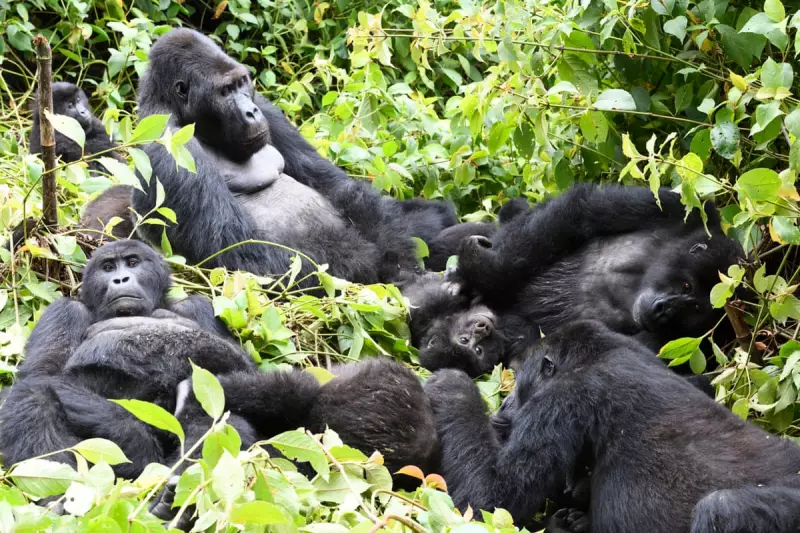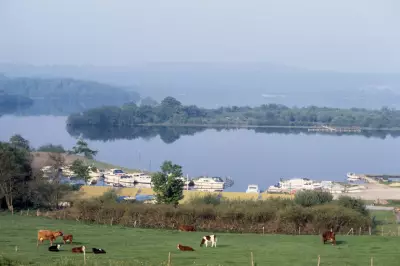
The Democratic Republic of Congo (DRC) has triggered a major environmental controversy by opening nearly half of its territory to oil and gas drilling bids. Conservationists warn that the move threatens some of the world's last pristine forests and endangered species, including critically endangered gorillas.
Pristine Ecosystems Under Threat
The auction includes 27 oil blocks and 3 gas blocks, covering approximately 11 million hectares of land. Shockingly, several of these blocks overlap with protected areas and vital wildlife habitats in the Congo Basin rainforest - the world's second-largest tropical forest after the Amazon.
Gorilla Habitats in the Crosshairs
Of particular concern is Block 22, which encroaches on Virunga National Park, home to about a third of the world's remaining mountain gorillas. The park, a UNESCO World Heritage Site, already faces numerous threats from armed groups and illegal activities.
"This reckless decision could push critically endangered species to the brink," said a spokesperson from the World Wildlife Fund. "The Congo Basin is not just vital for biodiversity - it's a crucial carbon sink helping regulate our global climate."
Government's Economic Justification
The DRC government defends the move as necessary for economic development. Hydrocarbons Minister Didier Budimbu claims the auctions could generate up to $650 million in signature bonuses alone, with potential long-term revenues in the billions.
"We have the right to exploit our natural resources to benefit our people," Budimbu stated at a recent press conference. "Environmental concerns will be addressed through strict regulations."
Environmentalists Sound the Alarm
Conservation groups argue that the promised regulations are inadequate and rarely enforced. They point to existing oil operations in the region that have led to:
- Deforestation and habitat destruction
- Water pollution affecting local communities
- Increased human-wildlife conflict
- Displacement of indigenous populations
The move comes just months after the DRC pledged to protect its forests at COP26, receiving $500 million in international conservation funding. Critics now accuse the government of "greenwashing" while planning environmentally destructive projects.
Global Implications
Scientists warn that exploiting these areas could release massive amounts of stored carbon, undermining global climate goals. The Congo Basin currently absorbs about 1.5 billion tons of CO2 annually - about 4% of global emissions.
As bidding opens this week, environmental organizations are mounting legal challenges and calling for international pressure to halt what they describe as an "ecological time bomb."





